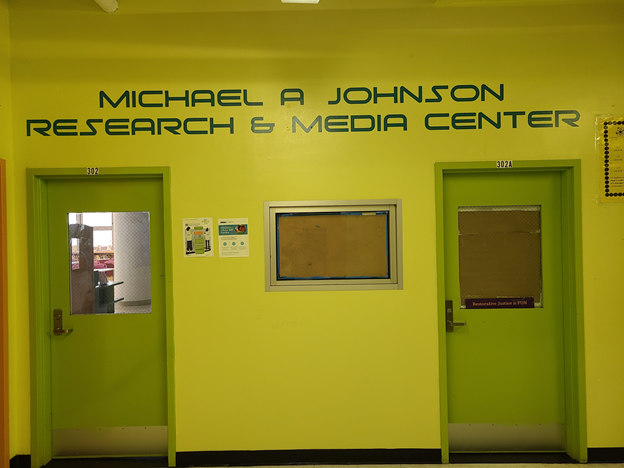“A 22-year-old who says he graduated from high school at age 16, earned a bachelor’s degree at 18, and just earned a doctorate was given permission by the New York Board of Regents to open a charter high school in Rochester. But after questions arose over whether he told the truth about his credentials, he resigned as the founder, although others on his team said the school will remain on track to open next year…”– Washington Post
Ok, when I first read this article I really thought that this was one of those: “Onion” (fake news magazine), “Too silly to be true” spoof news stories. But then I thought: “This, after all, was the Washington Post, and they would at least practice the standard minimum of “fact-checking” to determine the authenticity of this story.” For if this sad tale were true, it would mean that some “responsible” people in positions of power and authority, exercised a callous disregard for the educational well-being of a selected group of children. But the sad reality is that this story is not a silly educational news spoof; it is very real, real common, and the victims of this, and similar charades are unfortunately real children. I can only wonder how long communities of color will allow this tragic joke on their children to continue. Social generalizations are always tricky; but in many cases generalizing is reflective of at least some form of “truth”. After three decades in education I have come to the belief that if something is “good for children”; there will be communities of active, inquisitive, aware and insistent parents, who will seek to acquire that which would educationally empower their children (That is why you had so many Black middle class parents placing their children in the: “Little Sun People” pre-school program in Brooklyn; its educational quality was spread by word of mouth, in similar social-educational circles!) On the other hand, while many Washington DC Black leaders, and many in the DC Black community, did not fully appreciate what was developed at Phelps Architecture, Construction and Engineering High School. Delegations from school districts (both in and outside of the U.S.) visited the school weekly to gather information as to how they could duplicate the school’s philosophy and practices on behalf of their own students. I have always maintained an ethical standard that as a profession; we should assist and support all educators, and their students without prejudice; and so I made the school, the staff and myself available to them. This practice started even earlier, when in my tenure as a principal of Science Skills Center H.S. (SSCHS), in NYC. A delegation (one of many) from one of the city’s specialized high schools visited SSCHS. They came because they wanted to see our state of the art Robotics lab (made known because of the success of our Robotics team, which shocked everyone in the city by going to the national FIRST Robotics competition finals!) The parents and staff from that school (so I was told) insisted, after their visit; that their school should also have a state of the art Robotics lab. The lesson in summary is this: If something is really that good for children, the communities of power, information and enfranchisement will not fail to adopt that which will empower their children, they will insist in creating the same opportunity for their children’s academic success. And so following the logic of that hypothesis; why haven’t these politically powerful and financially wealthy American communities adopted the charter schools concept into their school districts? It is, at the very least a question worth asking. Meanwhile the children of the poor, the disenfranchised, the politically disconnected are subjected to any and every educational circus act that shows up; with of course an expensive price tag attached! And yet these same children continually bear the brunt of academic failure and disappointment in our public school systems. Perhaps these communities should copy some of the educational practices that take place in those affluent non-charter school districts. And that is, creating neighborhood schools that are well resourced, and peopled with school building leaders, support staff and teachers who are credentialed, competent; who are truly careful and caring about the educational success of the children they serve. Design schools that hold themselves primarily responsible for the academic success of children. Not excuses for: the economic status of the children; the formal educational levels (or English proficiency) achieved by the parents; or the socioeconomic state of the communities from which the children emerge. Now, that would be a real story; and a story that was really worth telling!
http://www.washingtonpost.com/blogs/answer-sheet/wp/2014/11/25/22-year-old-wins-approval-to-open-n-y-charter-school-but-his-credentials-now-questioned/
